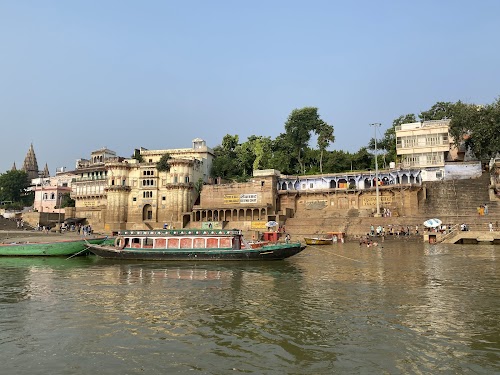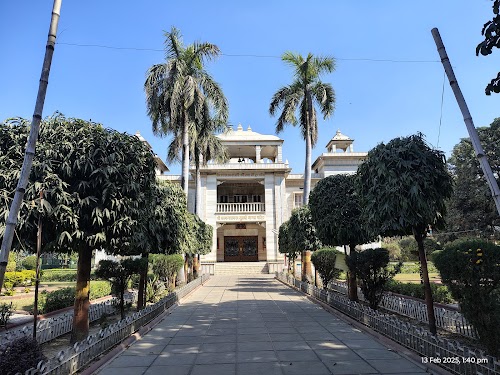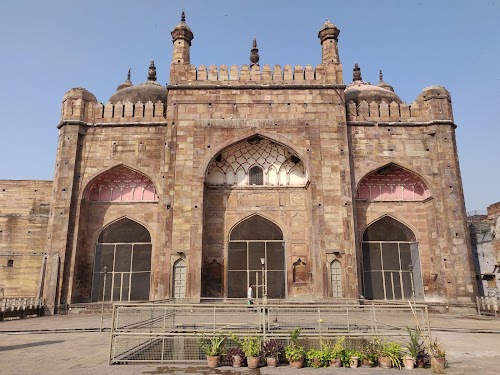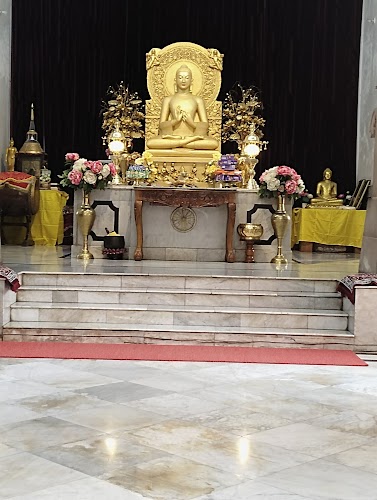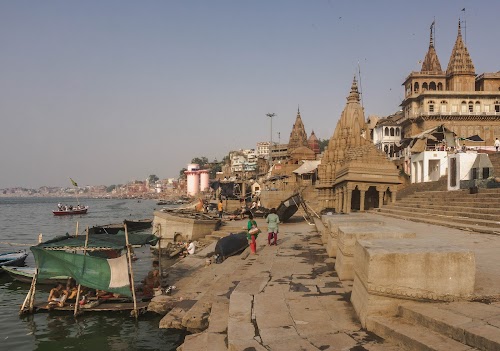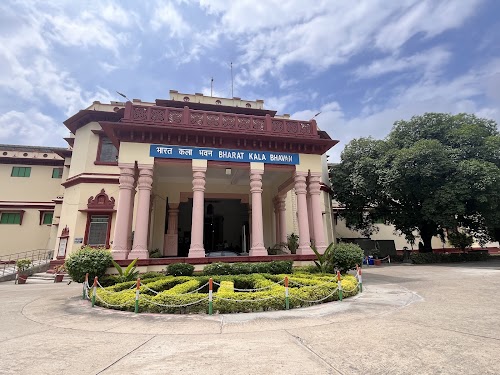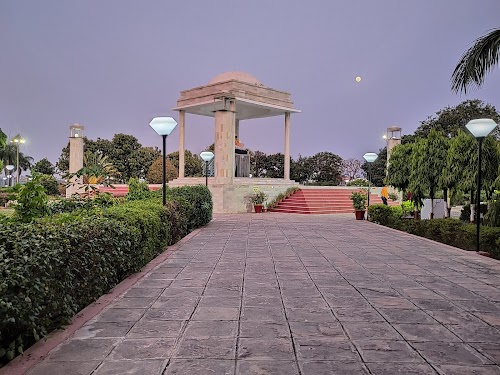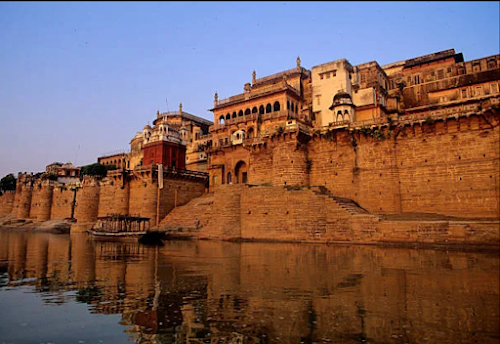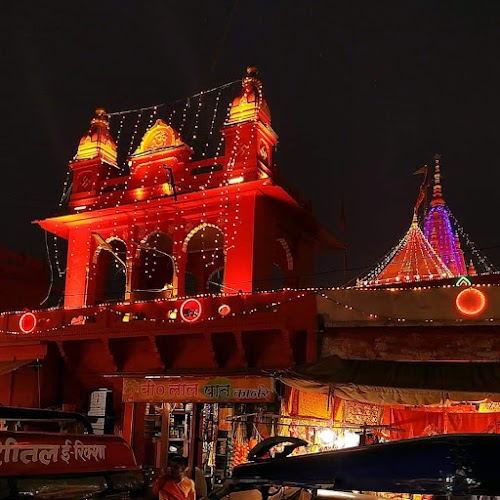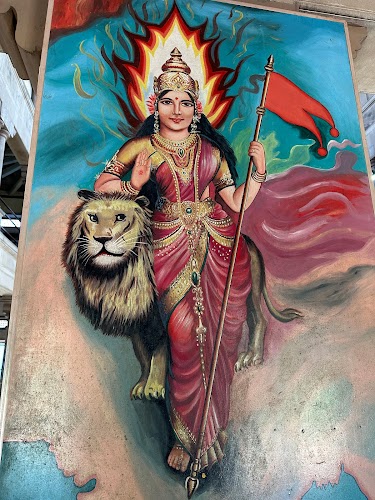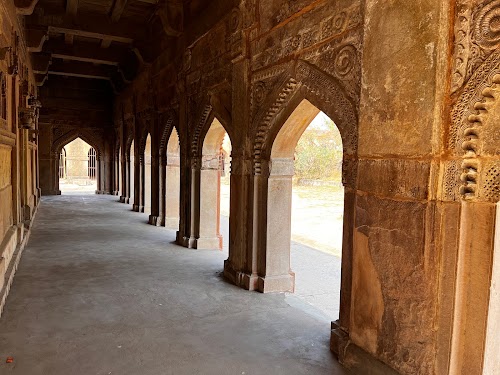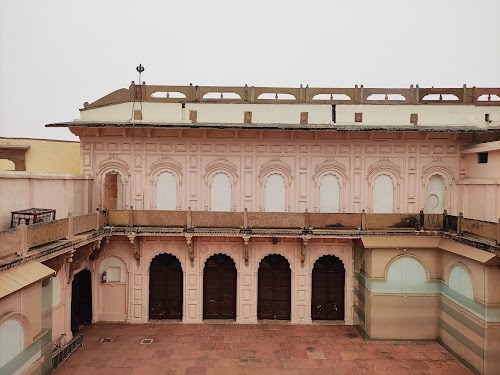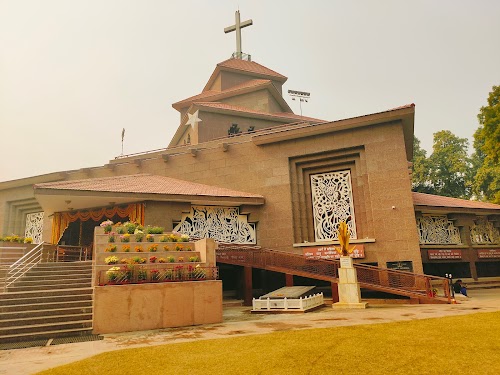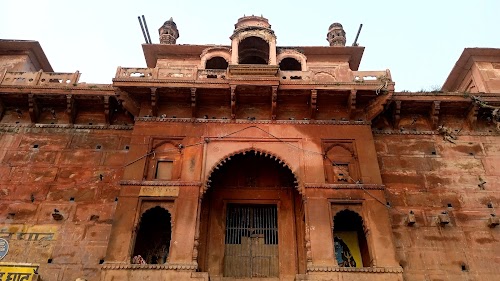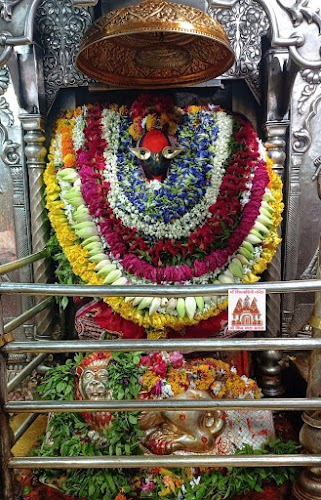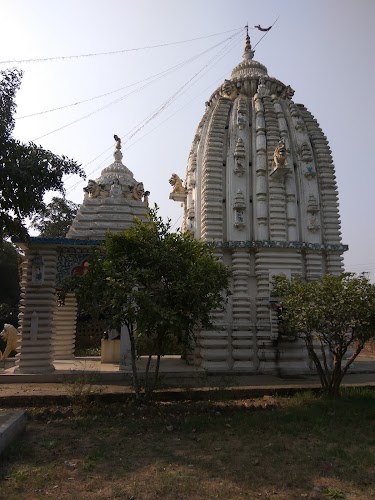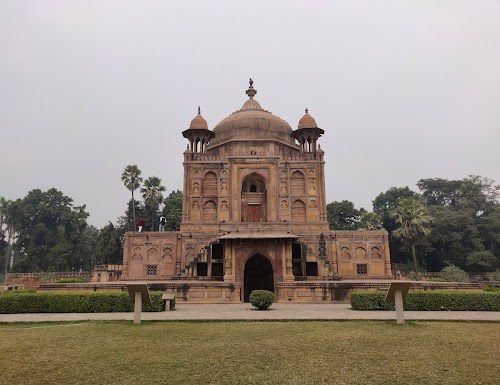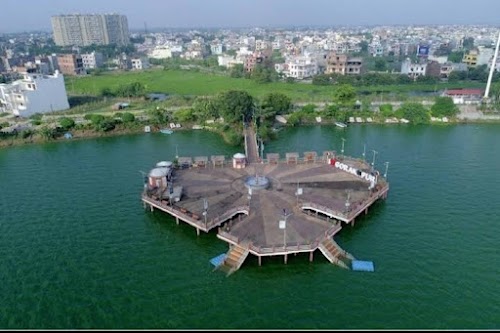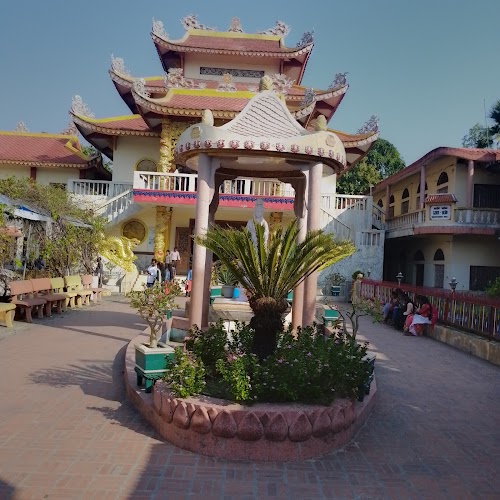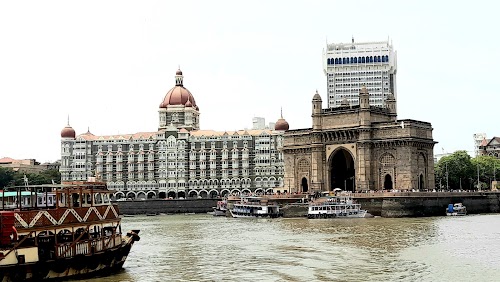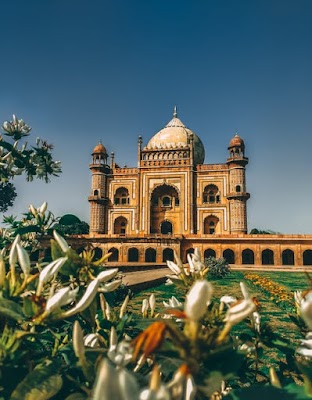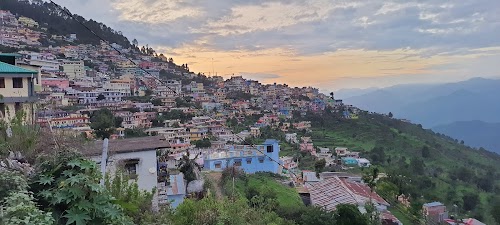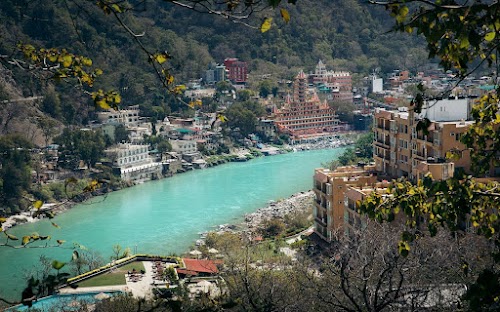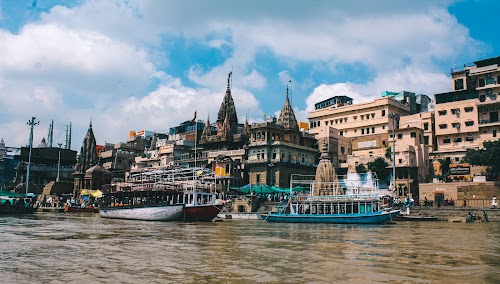
Varanasi, India
Varanasi, also known as Banaras or Kashi, is a city in the northern Indian state of Uttar Pradesh dating back to the 8th century BCE. It is one of the oldest continuously inhabited cities in the world and holds immense religious significance for Hindus, Buddhists, and Jains. Situated on the banks of the sacred River Ganges, Varanasi is renowned for its ghats, which are stepped embankments leading down to the river, where pilgrims perform rituals and cremations take place. The city is a vibrant tapestry of ancient traditions, spiritual practices, and cultural heritage, offering a unique and immersive experience for visitors.
Known for:
History:
Varanasi's history stretches back millennia. It is believed to be one of the oldest living cities in the world, with evidence of settlements dating back to the 8th century BCE. The city has been a center of learning and pilgrimage for centuries, attracting scholars, philosophers, and spiritual seekers from across the globe. Varanasi has witnessed the rise and fall of empires, playing a significant role in the development of Hinduism, Buddhism, and Jainism. The city's historical significance is reflected in its ancient temples, ghats, and narrow lanes, which whisper tales of bygone eras.
How to reach:
Varanasi is well-connected by air, rail, and road. Lal Bahadur Shastri International Airport (VNS) connects Varanasi to major Indian cities and some international destinations. Varanasi Junction railway station is a major hub on the Indian Railways network. Roadways connect Varanasi to nearby cities and towns.
Places in Varanasi, India
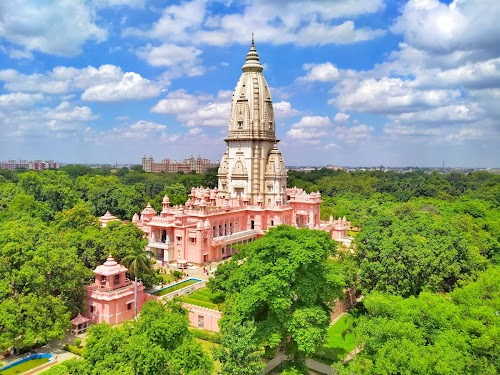
New Vishwanath Temple (BHU)
Varanasi, India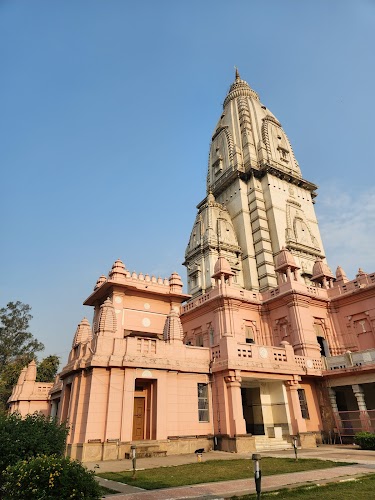
Shri Kashi Vishwanath Temple
Varanasi, India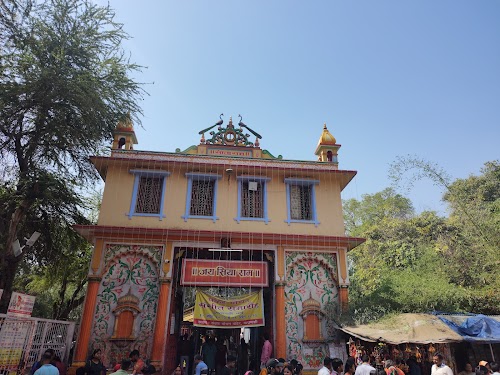
Sankat Mochan Hanuman Temple
Varanasi, India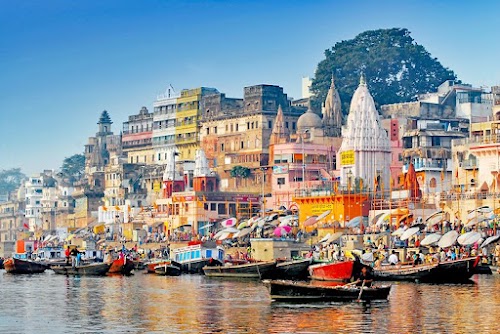
Dashashwamedh Ghat
Varanasi, India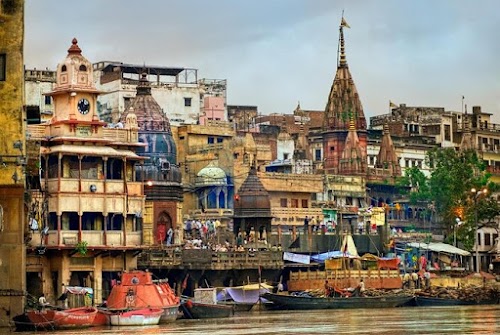
Manikarnika Ghat
Varanasi, India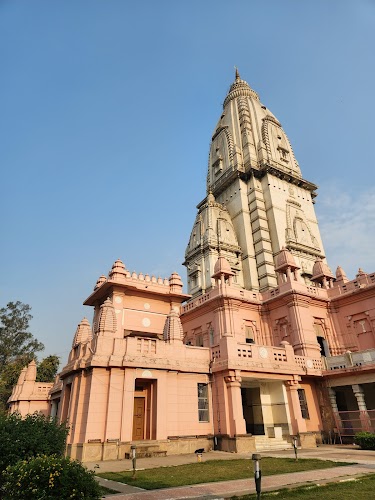
Shri Kashi Vishwanath Temple Corridor
Varanasi, India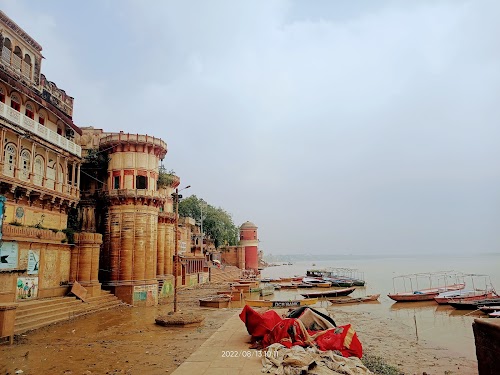
Assi Ghat Varanasi
Varanasi, India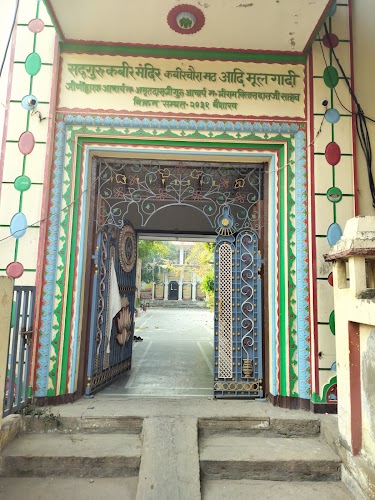
Kabir Chaura Math Varanasi
Varanasi, India